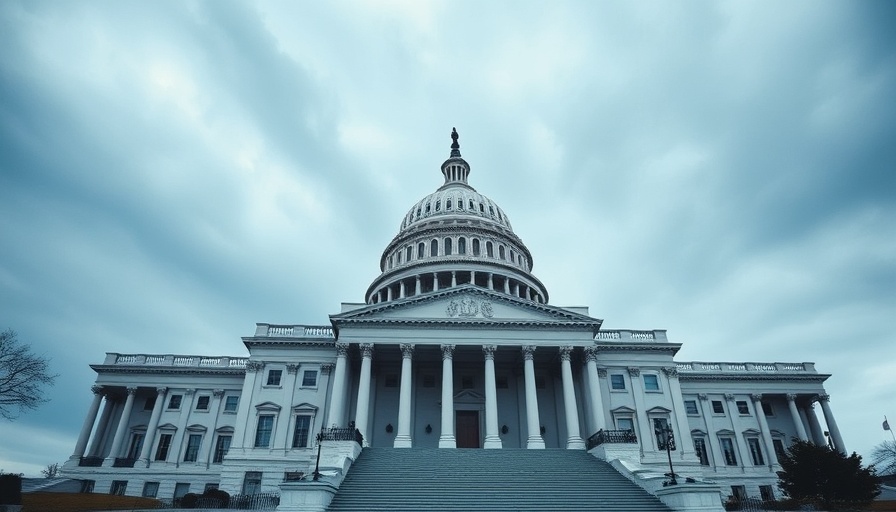
Volunteers Make a Vital Difference in Medicare Support
The volunteers at the Medicare Rights Center (MRC) serve as the backbone of the organization, providing essential support to those navigating the complexities of Medicare. With diverse backgrounds, including nurses, teachers, and lawyers, these individuals are driven by a strong desire to help others understand their health care rights and benefits.
Expertise and Compassion: The Heart of Helpline Services
Scott, a seasoned volunteer on the MRC helpline for over a decade, embodies the spirit of this commitment. Initially unfamiliar with Medicare when he joined, Scott underwent comprehensive training, which empowered him to tackle challenging questions about coverage and appeals. His journey highlights the transformative impact of community service; he recalls the satisfaction of easing a caller's anxiety regarding complex Medicare issues as the most rewarding aspect of his role. His empathetic nature resonates deeply with clients, who often voice their frustrations when faced with coverage denials and misinformation. Scott notes that although challenges are part of the job, the gratifying experiences of genuinely helping someone far exceed any frustrating encounters.
The Training Program: Preparing Volunteers for Success
New volunteers, like Ginny, emphasize the robust training program that MRC provides. This foundation equips them to engage with callers confidently. As Ginny notes, the training not only informs but also fosters a community among volunteers and staff, characterized by support and kindness.
Engagement and Community Impact
The engagement of volunteers at the MRC highlights the vital role community members play in healthcare. Understanding that Medicare is a crucial aspect of financial and health management for many seniors, these volunteers help navigate systemic complexities, fostering empowerment among callers. In doing so, they enhance clinical engagement and advance patient education—key components in a world increasingly reliant on Medicare coverage.
Addressing Current Challenges in Medicare Rights
The current landscape of healthcare, especially post-pandemic, presents unique challenges for Medicare beneficiaries. As telehealth and remote patient monitoring gain traction, resources and tools to assist seniors are more critical than ever. Volunteer programs like those at MRC help bridge the knowledge gap, ensuring that seniors are aware of the benefits available to them, including coverage under new telehealth reimbursement guidelines and remote therapeutic monitoring policies. This creates a ripple effect, where informed seniors contribute to better healthcare outcomes and help community health initiatives thrive.
Call to Action: Rallying for Medicare Rights
As volunteers like Scott and Ginny continue to advocate for Medicare beneficiaries, it’s crucial for healthcare professionals and community members alike to take a stand. Individuals can amplify this mission by reaching out to legislators and urging them to reject harmful cuts to essential health services. Donate to local organizations or participate in outreach efforts aiming to raise awareness about Medicare rights and access to care.
The Future of Volunteerism in Medicare
Looking ahead, the future of volunteerism in the healthcare sector seems promising yet challenging. With an aging population and increasing complexities of Medicare policies, the need for grassroots support is likely to grow. Volunteer programs will need to adapt their strategies, incorporating modern tools like automated patient outreach and telehealth solutions to enhance operational efficiency. By embracing innovations like AI chatbots, volunteers can ensure that Medicare beneficiaries receive timely and accurate information, thereby optimizing their health benefits.
 Add Row
Add Row  Add
Add 




 Add Row
Add Row  Add
Add 

Write A Comment